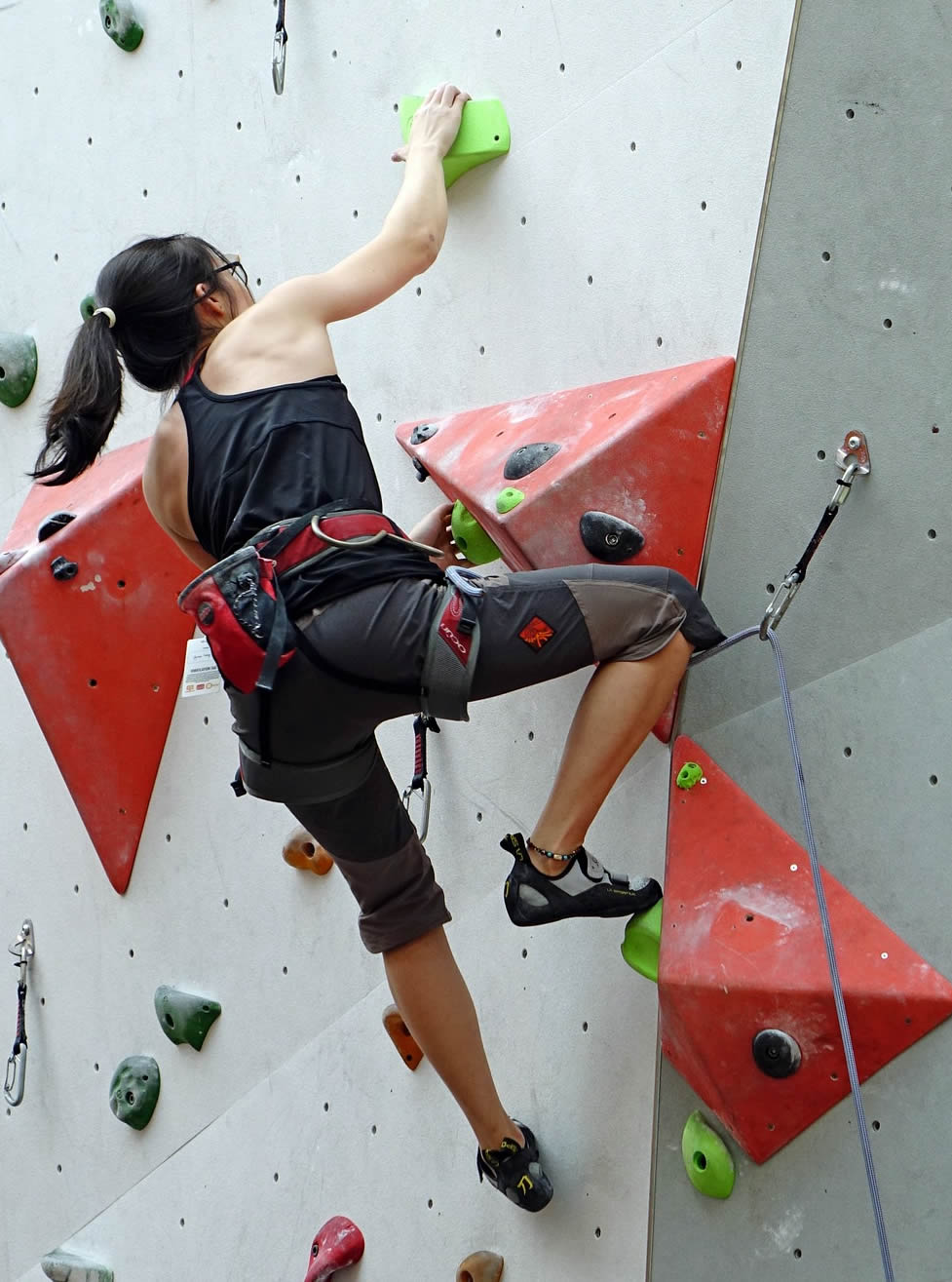The ACMG Code of Conduct
is one of the key governance documents of the ACMG. It guides the conduct
of our members to ensure professionalism and risk management best practices are followed in protecting
the public interest in mountain travel. The conduct review complaints process provides for public
accountability, works toward client satisfaction, and promotes cordial relations among ACMG members.
While the ACMG has the ability to apply sanctions, including suspension or expulsion from the ACMG
of a member who has breached its code of conduct, preference is given to an educational approach.
Remedies may take the form of a recommendation for more training, a change in procedures or suggestions
for alternate behaviour given similar circumstances. The basis for this process lies in the belief
that everyone stands to benefit more from learning better ways to deal with negative situations
than from punishment. These lessons are further shared through disclosure of the nature of the
complaint and the resulting actions in the ACMG's semiannual newsletter The Arête, so that all
ACMG members may learn from the event. Although there is public disclosure of the nature of the
complaint and the resulting actions, all personal information discovered during the investigation
is kept confidential.
If you believe an ACMG member has contravened a section of the ACMG Code of Conduct, you may file
a formal complaint by completing one or more sections on the
ACMG Code of Conduct Complaint Form.
Complaints cannot be submitted anonymously (other than under special circumstances relating
to ACMG's Anti-Harassment and Prohibited Conduct Policy). This is because we believe anyone
formally accused of an ACMG Code of Conduct breach has a right to know the full details of
the complaint.
A Preliminary Review Committee (PRC) will investigate the matter and determine if your
complaint falls within the jurisdiction of the ACMG Code of Conduct and if it has merit.
If the PRC believes your complaint has merit, it will first attempt to achieve a resolution between
you and the member. If this is unsuccessful, the Conduct Review Committee (CRC) will
convene a hearing where all parties will have an opportunity to be heard by an unbiased
panel that includes non-ACMG members.
Confidentiality and Disclosure
In the event the complaint proceeds to a CRC hearing or the Appeal hearing, all information
gathered and brought forward in the hearing process shall be kept confidential during the
proceedings, but such information may be disclosed publicly if it is included in the
final reasoned decision issued by the CRC or the Appeal Panel. The CRC hearing and any
Appeal hearing will not be conducted publicly. However, after the matter has been concluded,
the final reasoned decision of the CRC or the Appeal Panel (or both, as the case may be)
shall be made public. In addition, after the matter has been concluded, the ACMG shall
prepare a brief statement of disclosure to the membership, the purposes of which are to
provide transparency and to educate the Members to prevent similar occurrences in the future.
The statement shall, at a minimum, include:
- Name of the Member involved in the CRC or Appeal hearing
- Name of Complainant (if applicable)
- A summary of the complaint
- A summary of the CRC or Appeal Panel decision
- The sanctions imposed (if applicable)
The statement of disclosure will be published once in the succeeding issue of the Arête.
All reasoned decisions shall be made available to the membership, on request.







